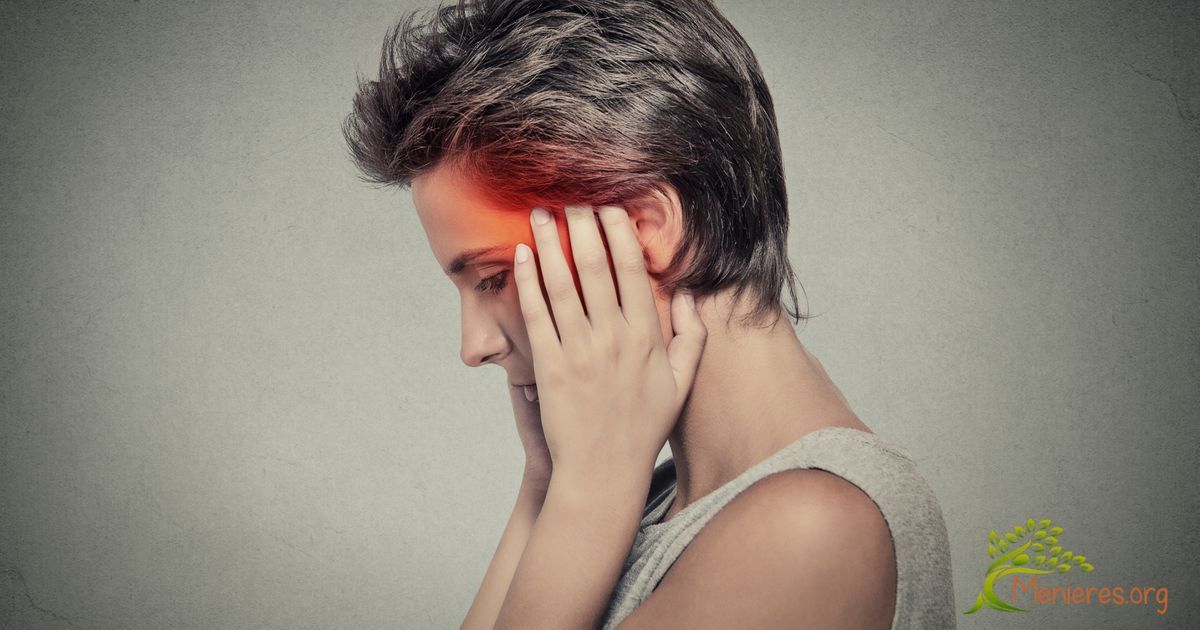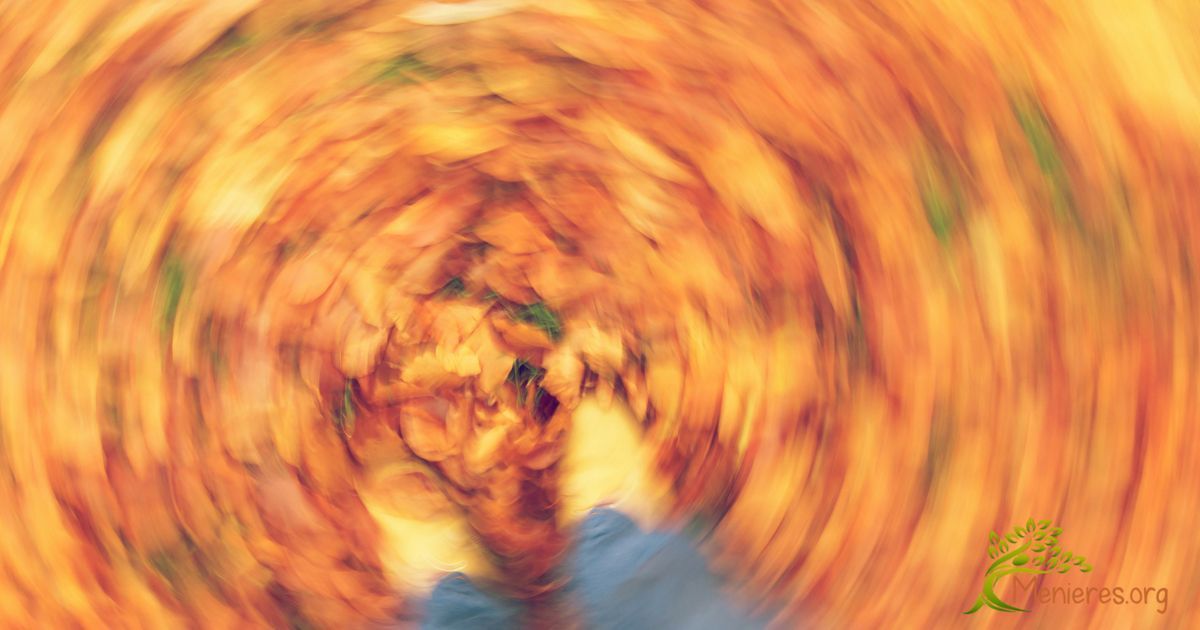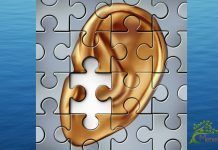
Have you ever felt like your head was spinning, or felt like you would faint from light-headedness? Welcome to the world of dizzy spells. Dizziness is common. Many people experience dizziness for several reasons. So, how can you tell if it’s just a dizzy spell or something more?
Dizzy Spell Symptoms Requiring Medical Intervention

The key to determining if you’re just having a normal dizzy spell vs. something worse has to do with a variety of factors. For example, if you experience vertigo often or the feeling lasts for more than a few moments, that’s an issue. People with Meniere’s Disease often have this problem, with the dizziness lasting at least 20 minutes to a full day. Meniere’s has no cure, but it is very rare. Only .2 percent of the population has a confirmed Meniere’s diagnosis, so don’t get too worried until you see your physician and they take tests.
Here are other signs showing you should seek medical attention for your dizzy spells:
Numbness, faintness, slurred speech, blurry vision, or weakness: The latter manifestations might be the sign of a stroke. Here weakness is often on one side of your body. While there are other neurological conditions that may present with this combination of symptoms, a stroke is nothing to ignore. Get emergency help as soon as possible.
Feeling off-balance every time you stand up: Sometimes this is just because you moved too fast or didn’t get enough water. But when it happens repeatedly, you may have poor blood circulation, low blood sugar, or cardiovascular problem that require treatment.
Dizziness and a history of headaches or migraines: Many people do not know the difference between a regular headache and a migraine. They might think because they don’t see auras or flashing lights that their problem is a garden variety headache. If you are experiencing dizziness at the same time, ask your doctor about the possibility you may have migraines.
Head injuries: While it might seem obvious, not everyone seeks medical help after they bump their head. If you have had a recent head injury and experience wooziness or light-headedness, you may have a concussion.
Exercise dizziness: This may be from dehydration. Alternatively, you may be hyperventilating. If hydration and rest don’t ease your dizzy spell, seek medical help.
Functionality: If your dizzy spell leaves you so out of focus you can’t work or engage in normal daily activities, it’s a warning sign. There is a distinction between feeling faint for a moment and having to lie down for a while.
Most times, having a dizzy spell is nothing to worry over. Perhaps you didn’t sleep well the night before. Or, you didn’t really eat properly, lowering your blood sugars. The key here is being honest with yourself. How do your dizzy spells make you feel? Do you have problems afterward like hearing loss or tinnitus in one ear? These last two post-vertigo symptoms often happen to those with Meniere’s Disease.
Gender Predisposition?
It would seem that vertigo affects more women than men. The dramatic moment of a lovely lady fainting on a soap opera comes to mind. Studies show that men suffer from dizzy spells more than women in part due to depression or stress.
What caused this opposition to medical thought? A couple of things. When a woman feels dizzy several times, she seeks medical care. Some men put it off longer, struggling with the idea a man is weak if he reports experiencing dizziness or other signs of illness. Whether you are a man or woman, remember dizzy spells may tell you something else is wrong if the symptoms continue.
Lightheaded vs. Vertigo?

There are differences in dizzy spells. Light-headedness is when you feel you may faint. Often this comes because there’s a shortage of oxygen or blood to your brain. It can also occur in cases of shock as an exasperated startle mechanism.
Light-headedness may make you feel weak or sick to your stomach. It can cause blurry vision or make you sweat. The symptoms you experience following the onset of dizziness can lead to fainting.
Vertigo makes you feel like either you or the room you’re in are spinning or swaying. This upsets your sense of balance, making it hard to walk. Vertigo sometimes has companions: Nausea, vomiting, and sweating. Vertigo has things in common with light-headedness. It may start with lowered blood pressure or result from an unanticipated trauma that puts the “fight or flee” instinct on high alert. Other common reasons for vertigo include:
- Anemia
- Anxiety
- Dehydration
- Ear infection
- Heart problems
- Heat stroke
- Hyperventilation
- Medication side effects
- Neurological disorders
- Pain
So, how can you be sure what’s what? Some things, like pain, are easy to discern. Let’s look at other causes that may not seem obvious.
Often Overlooked Causes of Dizzy Spells

Anemia: This condition develops due to the lack of iron in your blood leaving you weary, short of breath, experiencing palpitations, and dizziness. Usually, a healthy change in diet fixes things. Think fish and broccoli for dinner.
Arrhythmia: When your heart skips a beat, or the beat is abnormal, it’s an Arrhythmia. The condition alters your blood circulation leading to lower oxygen levels and dizzy spells. Your physician should check this problem.
Caffeine: If you drink a lot of coffee or caffeinated drinks, you can become dizzy. The amount of caffeine each person processes without side effects varies. However, too much caffeine can cause fevers, chest pains and even convulsions. Lowering consumption will tell you if this is the culprit causing your dizzy spells. Experts advise Meniere’s patients to avoid caffeine along with alcohol and salt.
Dehydration: When your body loses more fluid than it takes in for whatever reason it may make you feel lightheaded. Dehydration has a chain reaction of sorts because it decreases blood pressure which decreases blood flow to your brain. So, even if you don’t feel thirsty, sip on a little water.
Ear Infection: A potential infection will make your inner ear uncomfortable and off balance. If you have an earache and dizzy spells, see your doctor for medication. With a Meniere’s diagnosis, the ear issue may be a fluid imbalance rather than an actual infection.
Hypoglycemia: The term means you have low blood sugar. Hypoglycemia symptoms may include nervousness, weariness, moodiness, and blurred vision. If you haven’t eaten well or worked out more than usual, you may get dizzy. Try drinking fruit juice. If that improves how you feel, you know the culprit.
Prescriptions and Over-the-Counter Medications: Have various side effects, one of which may be dizzy spells. If you are taking blood pressure medication, sedatives, sleep aids, anxiety or depression medication or anti-seizure drugs these all have dizziness and nausea as potential adverse reactions.
Pregnancy: Many women experience dizzy spells before they know they are expecting. The onset of dizziness is because of the shift in hormones in their body. If a woman will feel dizzy, it happens in the first trimester. If you suspect you may be pregnant consider if you are late, have tender breasts, experience headaches or mood swings and/or feel nauseous. If so, take a pregnancy test.
Self-Care for Dizzy Spells
There are simple things you can do for yourself that may decrease the severity of your vertigo or delay a recurring bout of dizziness. These self-care tips work for Meniere’s sufferers too.
In terms of your diet, eat healthily and keep up your water intake. Consider getting a supplement that includes Iron, Vitamin B-6, Vitamin C and Vitamin E. Use gentle tea, like ginger or mint, for any nausea a dizzy spell triggers. Exercise within reason for good circulation.
Summing It All Up: Meniere’s Disease and Dizzy Spells

Meniere’s Disease is a condition gaining more attention in recent years. A misdiagnosis is common because symptoms like vertigo, tinnitus, and progressive hearing loss can each have different causes. It’s when these symptoms happen in repetition together, and affect only one ear, more tests for Meniere’s become essential.
Meniere’s is a rare disorder. It is chronic with no known cure. Like dizzy spells, however, there are many treatments, both home and professional, which decrease the frequency of vertigo attacks or make them less intense. Only .2 percent of the population experience dizzy spells as part of a Meniere’s Disease diagnosis. So, when you feel you’re spinning, don’t assume the worst. Speak with a professional to uncover the source of dizzy spells before drawing any conclusions.

